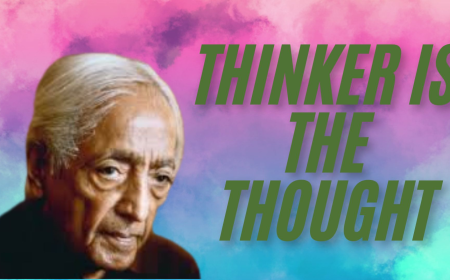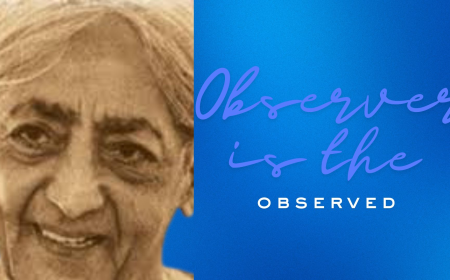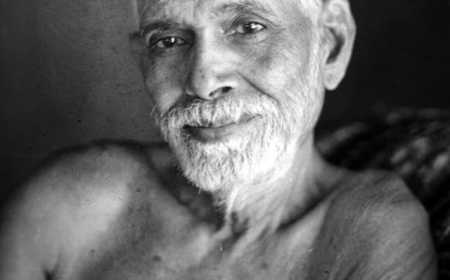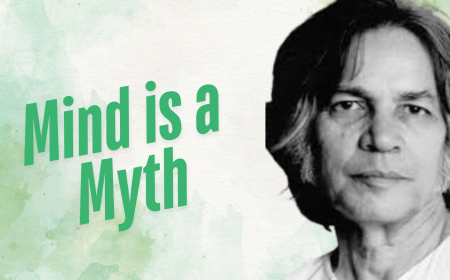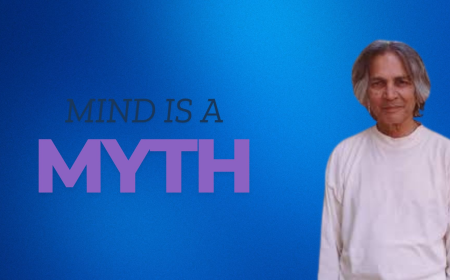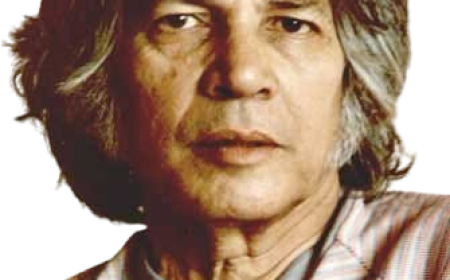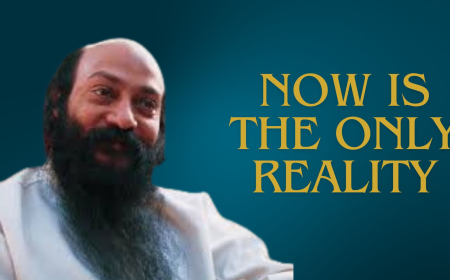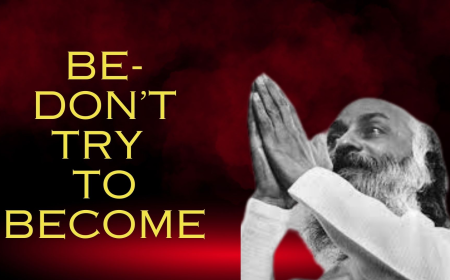The Nature of Desire: Finding Freedom from Unhappiness with Acharya Prashant
In this blog, we will explore Acharya Prashant’s teachings on desire, its root causes, and practical steps to attain freedom from the cycle of craving and dissatisfaction.
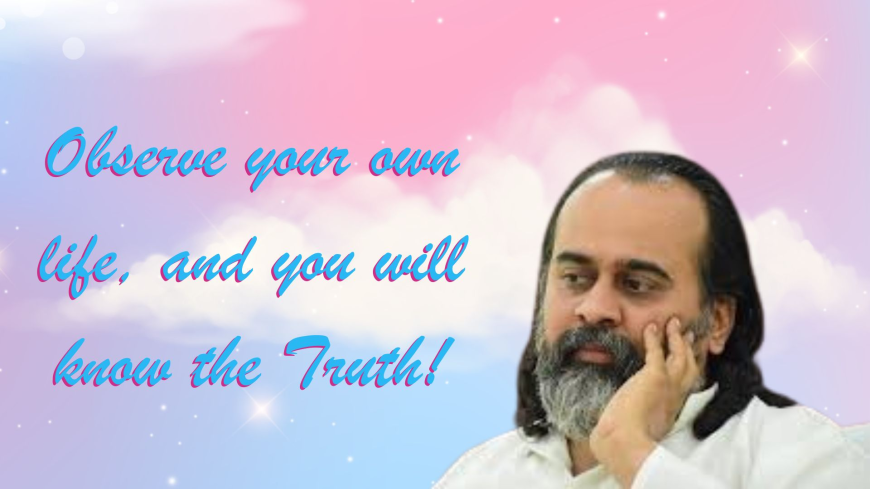
Introduction
Desire is at the core of human experience—driving actions, shaping relationships, and influencing emotions. Yet, despite fulfilling countless desires, true happiness often remains elusive. Why is this so? Acharya Prashant, a modern spiritual teacher known for his deep insights on Vedanta, Buddhism, and Advaita philosophy, offers profound wisdom on the nature of desire and its role in human suffering.
In this blog, we will explore Acharya Prashant’s teachings on desire, its root causes, and practical steps to attain freedom from the cycle of craving and dissatisfaction.
Acharya Prashant defines desire as a psychological impulse arising from a sense of lack. It is a movement of the mind toward something external, with the hope of finding completeness. However, this very search reinforces the illusion that we are incomplete.
Key Insights on Desire:
- Desires stem from conditioning: Society, culture, and upbringing shape our wants, often without our awareness.
- Aspirations vs. binding desires: There’s a distinction between natural, meaningful goals and compulsive cravings that create suffering.
- Desire keeps the mind restless: The constant chase for pleasure prevents deep inner peace.
Reflection:
Have you ever fulfilled a strong desire only to find yourself longing for something else soon after? This cycle reveals the transient nature of external satisfaction.
The Illusion of Fulfillment
Desires often promise happiness, but Acharya Prashant challenges this belief by exposing the illusion behind fulfillment.
Why Desires Fail to Satisfy:
- Desire leads to temporary pleasure, not lasting contentment.
- The momentary joy of acquiring something fades, leading to new cravings.
- Desires create dependency.
- We become attached to external conditions for happiness, making us vulnerable.
- The cycle of craving never ends.
- Once one desire is fulfilled, another takes its place, perpetuating dissatisfaction.
Acharya Prashant often quotes Vedantic wisdom: “Real joy is not in possessing, but in being free from the need to possess.”
Understanding the Root of Desire
According to Acharya Prashant, the root of desire lies in inner emptiness and ignorance (Avidya).
1. Desire Arises from a False Sense of Lack
- From an early age, we are conditioned to believe that happiness comes from outside—money, relationships, achievements.
- This belief makes us chase external validation, rather than looking within.
2. Ignorance (Avidya) Feeds Desires
- Vedanta teaches that ignorance of our true nature fuels cravings.
- We seek happiness in objects, unaware that our very being is the source of peace.
3. Self-Awareness is the Key to Freedom
- Observing desires without identifying with them weakens their hold.
- When you question the root of a desire, its power diminishes.
Reflection:
The next time a strong desire arises, pause and ask: Is this truly needed for my happiness, or is it just a conditioned response?
Finding Freedom from Desire
Freedom from desire does not mean renouncing the world but understanding desires deeply so that they lose their control over us.
Acharya Prashant’s Approach to Liberation from Desire:
- Clarity over blind indulgence
- Instead of suppressing or blindly chasing desires, investigate them.
- Self-inquiry and detachment
- Ask: Who is desiring? What does this desire promise? Is it real?
- Shift focus from external to internal contentment
- The more self-aware you become, the less power desires hold over you.
Practical Example:
- If you desire luxury, ask: Will this bring permanent happiness or just momentary pleasure?
- If you seek approval, ask: Am I truly incomplete without validation?
The key is not fighting desires but seeing their illusion clearly.
Practical Steps to Overcome Unhappiness
Acharya Prashant provides actionable wisdom for those seeking freedom from constant craving and dissatisfaction.
1. Cultivate Mindfulness and Awareness
- Observe desires as they arise without acting on them impulsively.
- Mindfulness creates space between desire and reaction.
2. Let Go of False Identities and Expectations
- Society conditions us to equate success with possessions and status.
- Freedom lies in dropping these external definitions of happiness.
3. Embrace Simplicity and Authenticity
- A simpler life reduces unnecessary desires and stress.
- Living authentically means aligning with inner truth, not societal pressure.
Reflection:
If you had no pressure to impress anyone, what would you truly desire?
The Role of Spiritual Wisdom
Ancient wisdom traditions, including Vedanta, emphasize that desire stems from forgetting our true nature.
Acharya Prashant’s Interpretation:
- Spiritual texts do not reject the world but teach how to engage with it wisely.
- The Bhagavad Gita, Upanishads, and Buddhist teachings reveal the impermanence of worldly pleasures.
- True joy is found not in acquiring, but in being free from the need to acquire.
Reflection:
How would your life change if you no longer sought fulfillment from external things?
Keywords: Vedanta on desire, Acharya Prashant’s spiritual teachings, Role of wisdom in detachment, Bhagavad Gita on cravings
Benefits of Freedom from Desire
Breaking free from constant cravings brings profound changes:
- Inner peace and clarity – No longer feeling restless or dissatisfied.
- Authentic relationships – Loving without expectations.
- Living with purpose – Finding joy in the present, rather than chasing the future.
Final Thought:
Freedom from desire does not mean giving up everything; it means being free from the illusion that happiness depends on external things.
Conclusion
Acharya Prashant’s teachings offer a radical but liberating perspective on desire and unhappiness. Instead of suppressing or indulging desires, he invites us to observe, question, and understand them.
Real happiness is not found in fulfilling endless cravings but in seeing their illusion and reclaiming inner wholeness. By practicing awareness, self-inquiry, and wisdom, we can step out of the cycle of desire and experience true freedom.
Are you ready to explore freedom beyond the known?
What's Your Reaction?



















